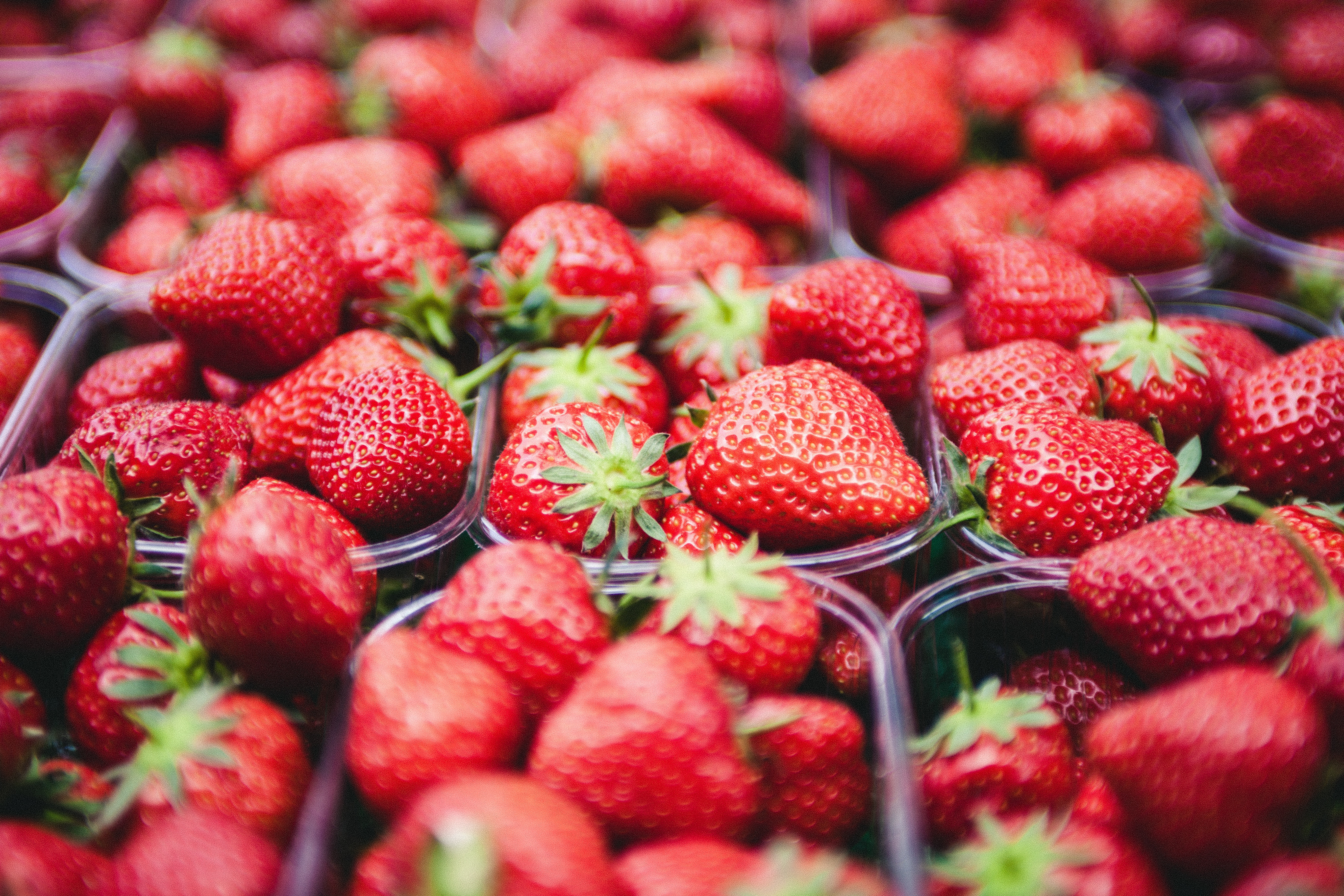A new study published in the journal JAMA Internal Medicine is showing that women who eat foods with high amounts of pesticide residue may have reduced fertility. The study looked at 325 women undergoing infertility treatment with assisted reproductive technology (ART). Intake of high-pesticide residue fruits and vegetables was associated with a lower likelihood of having child via ART. Intake of low-pesticide residue fruits and vegetables was not associated with a reduced live birth rate.
Each of the 325 women in the study completed a dietary assessment and underwent infertility treatment with ART between 2007 – 2016 at a fertility center in a teaching hospital. The dietary assessment was used to analyze each woman’s pesticide exposure by determining whether the fruits or vegetables she routinely consumed had high or low levels of pesticide residue.
Different fruits and vegetables were classified as containing high or low pesticide residue based on surveillance data from the U.S. Department of Agriculture. Fruits and vegetables with a low level of pesticide residue include avocados, onions, dried plums, corn, and orange juice. Fruits and vegetables with a high level of pesticide residue include fresh plums, peaches, strawberries, spinach, and peppers.
In this study, women who ate 2.3 daily servings or more of high-pesticide residue fruits and vegetables had an 18% lower chance of getting pregnant and 26% lower chance of having a live birth compared to women who ate less than 1 daily serving of high-pesticide residue fruits and vegetables. On the other hand, the same study showed that consuming low-pesticide residue fruits and vegetables in lieu of high-pesticide ones was associated with a higher chance of pregnancy and giving birth.
This is another study that is telling us to be wary of what we put into our bodies. We have to be cautious about interpreting the findings though. This study does not show a direct correlation between pesticides and infertility. And, many fruits and vegetables with high pesticide residues have a lot of nutritional components that are beneficial to both fertility and pregnancy.
In my opinion, based on this study, women who are trying to conceive don’t need to avoid these foods altogether. They should, however, think of the quantity they are consuming and be mindful to always thoroughly wash fresh produce. When possible, they may also want to consider buying an organic option for the some of the high-residue fruits and vegetables.
